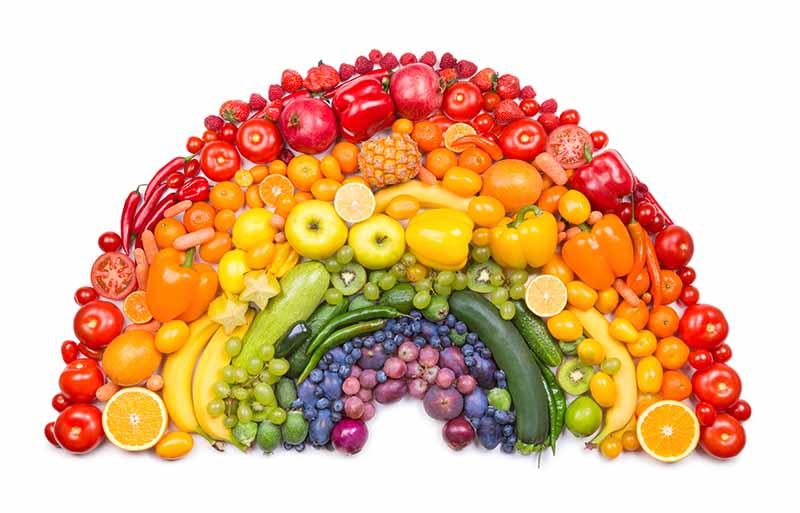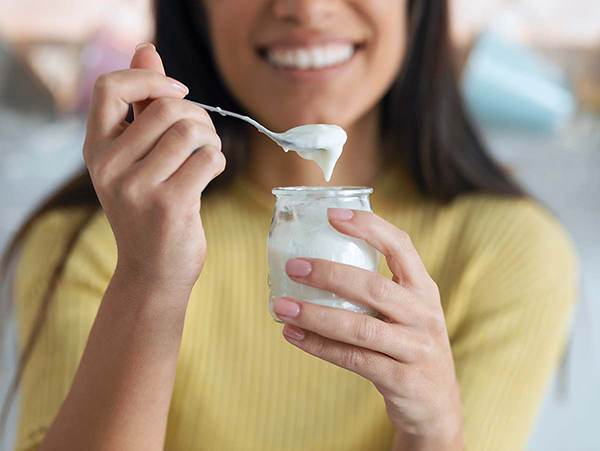Your cart is currently empty!
Author: Scott Anderson

Flavonoids Keep Your Brain Young
by
“Wisdom is wasted on the old, and youth is wasted on the young.” ― George Bernard Shaw. The gut-brain connection is a story that just keeps giving. The idea that gut microbes could affect your mood and cognition is startling and potentially very useful. The microbes that improve your mood are called psychobiotics. Microbes eat prebiotics, which include…

Psychobiotics: A Revolution in Psychiatry
by
“If microbes are controlling the brain, then microbes are controlling everything.” –John Cryan. What are psychobiotics? Despite their somewhat sinister-sounding name, psychobiotics are probiotics and prebiotics that can lift your mood and decrease anxiety. The word was coined by Psychiatrist and researcher Dr. Ted Dinan and colleague John Cryan, Chair of Anatomy and Neuroscience at University College Cork,…
